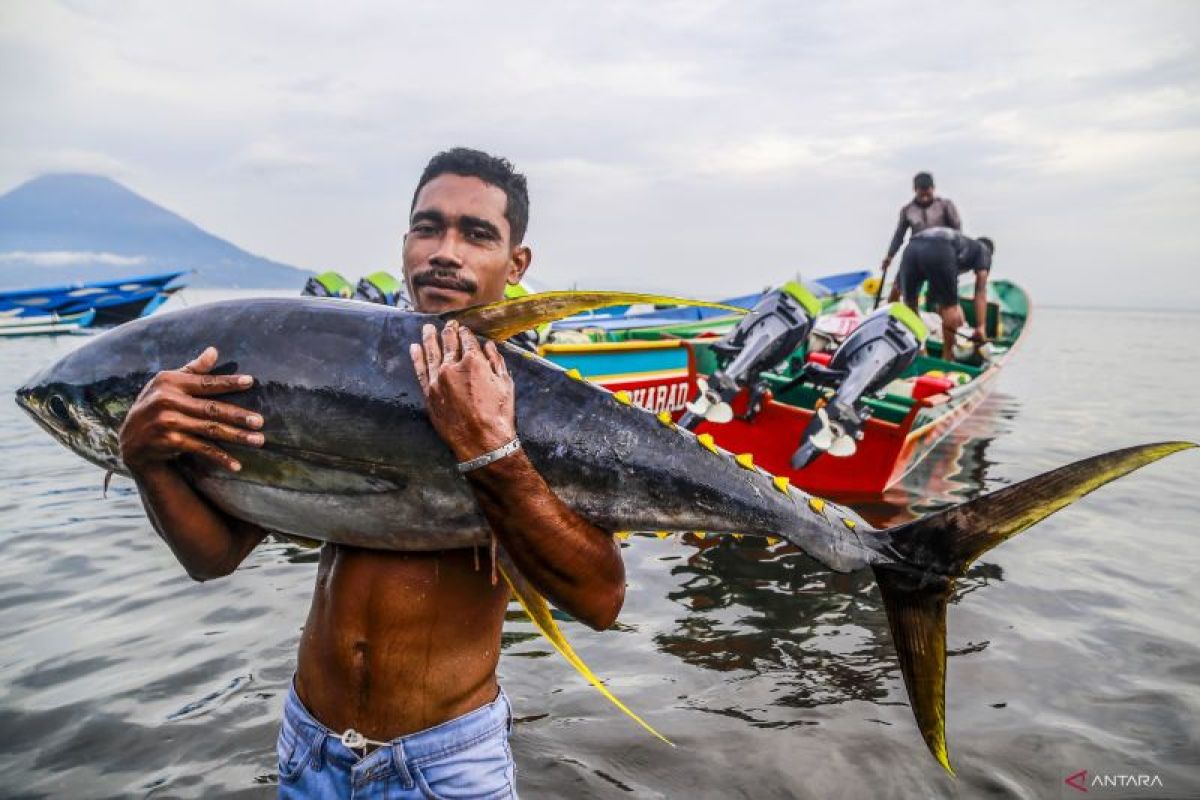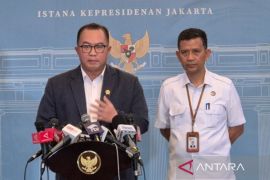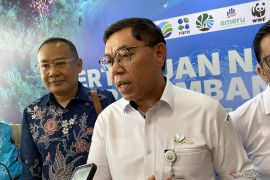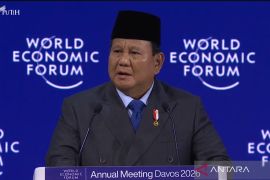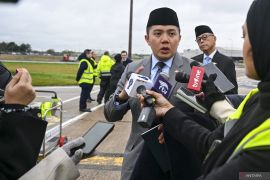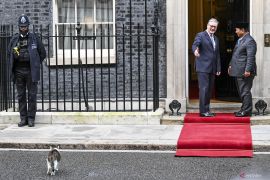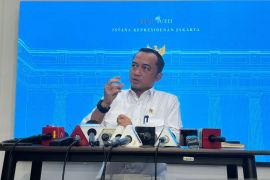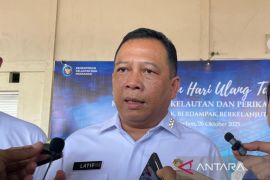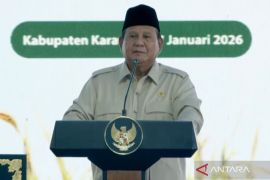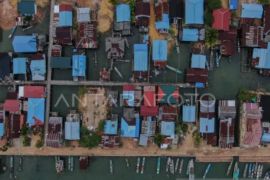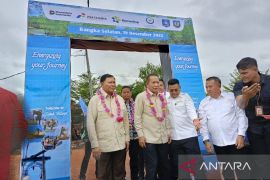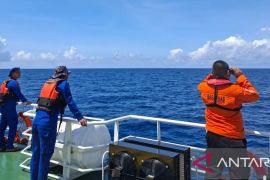"The Ministry of Marine Affairs and Fisheries continues to improve governance and build capture fisheries facilities in Papua, Maluku, and East Nusa Tenggara," said Ridwan Mulyana, acting Director General of Capture Fisheries, on Tuesday.
He explained that various programs and funding initiatives have been deployed on a large scale, both directly by the ministry and through fiscal transfers from the central government to regional administrations.
The assistance — delivered either directly or through the Special Allocation Fund (DAK) — is aimed at increasing productivity and improving the livelihoods of small-scale fishers.
"This includes the development of fishing port facilities, the provision of production equipment in fishing villages, and support in the form of vessels and gear for small-scale fishers," Mulyana said.
Between 2020 and 2024, the ministry allocated Rp70.9 billion (US$4.3 million) from the state budget for eastern regions, along with Rp415.1 billion in provincial-level DAK and Rp502.2 billion in district-level DAK.
In 2023, the ministry established a pilot modern fishing village in Biak, Papua, which has become a model for the government's Red-and-White Fishing Village program, set to expand between 2025 and 2027.
"Of the 65 planned sites for 2025, several candidate locations are in Maluku, Nusa Tenggara, and Papua," Mulyana said.
He added that 5,077 of the 34,606 village cooperatives operating in the marine and fisheries sector are located in these three regions.
Development is also supported by revenue-sharing funds (DBH) derived from non-tax state revenue (PNBP) in the marine and fisheries sector.
Revenues from Fishery Business Permits (PPP) and Fishery Production Levies (PHP) are redistributed to communities through DBH, most of which is managed directly by local governments.
In line with Law No. 1 of 2022, 80 percent of PNBP from marine and fisheries resources is transferred to regional governments under the DBH scheme.
In 2024, PNBP reached Rp951 billion, with Rp737 billion allocated in the 2025 state budget to be redistributed through DBH. Maluku, Nusa Tenggara, and Papua are set to receive Rp195.9 billion.
Minister of Marine Affairs and Fisheries Sakti Wahyu Trenggono emphasized that the transformation of capture fisheries governance through the measured fishing policy is a key strategy to ensure sustainable food security while balancing economic and ecological considerations.
Related news: Ministry strengthens MSMEs in fisheries sector to support MBG program
Related news: Indonesia targets new fish markets to counter US tariff threat
Translator: Muhamad, Azis Kurmala
Editor: Anton Santoso
Copyright © ANTARA 2025
